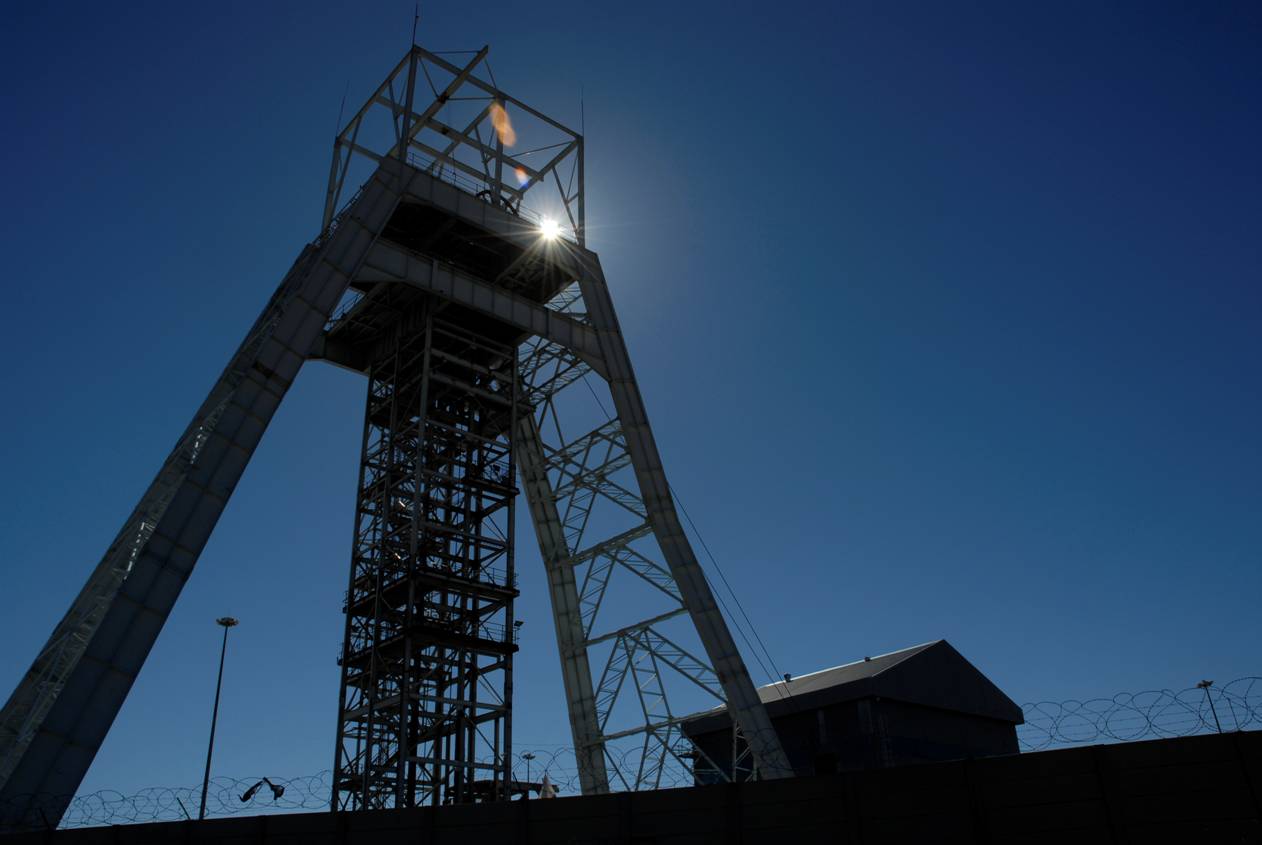
The Sunday Mail

Livingstone Marufu
GOVERNMENT is working with the Chamber of Mines of Zimbabwe to develop a new fiscal regime for the mining sector by June 2016.
The new system, designed to plug leakages, is expected to nurture an efficient and productive tax system.
The Chamber of Mines said the new tax regime would be a continuation of the system launched last year with support from the Norwegian Embassy in Zimbabwe. Chamber economist Mr Pardon Chitsuro told The Sunday Mail Business that the reforms would bring local fiscal charges in line with international best practices.
“Government is also in the process of developing a new fiscal regime for the mining sector which seeks to streamline all fiscal charges to conform to international best practice. The framework is expected to be finalised by June 2016.
“The current mining fiscal regime provides for generous tax concessions that are intended to attract investment given that mining is highly capital intensive.
“But, we however noted inefficiencies, distortions and administrative challenges that the new tax regime seeks to address,” said Mr Chitsuro.
Government indicated last year that the obtaining tax structure in the mining sector created a host of distortions and administrative challenges.
Perhaps the most far-reaching intervention under consideration is eliminating duplication in collection of levies.
“Local authorities, the Zimbabwe Revenue Authority, the Environmental Management Agency, Ministry of Mines and Mining Development … Zimbabwe Mining Development Corporation and the Minerals Marketing Corporation of Zimbabwe all have levies against the mining sector.
“This uncoordinated collection negatively affects the sector’s viability, transparency and accountability.
‘‘Such a scenario confuses investors and makes the investment approval process cumbersome…
“The fiscal landscape for the mining sector is currently characterised by a multiplicity of taxes, high royalties and high fees and charges which have combined to elevate the effective tax (estimated at over 60 percent) applicable to the mining industry, compromising the mining industry’s potential to attract adequate capital,” added Mr Chitsuro.
Experts say the current tax structure prejudices Treasury as it allows transfer pricing and thin capitalisations where high-geared institutions enjoy tax relief on interest charges.
Policy-makers intend to strike a balance between revenue generation and attracting investment.
Administrative simplicity, including an efficient and effective tax collection system, is also expected to result in comparative advantages for the local mining industry.
In 2014, Norway spent US$1,8 million on a similar project in Zambia, which resulted in the Zambia Revenue Authority getting US$20 million more than its regular tax collections through special audits.



